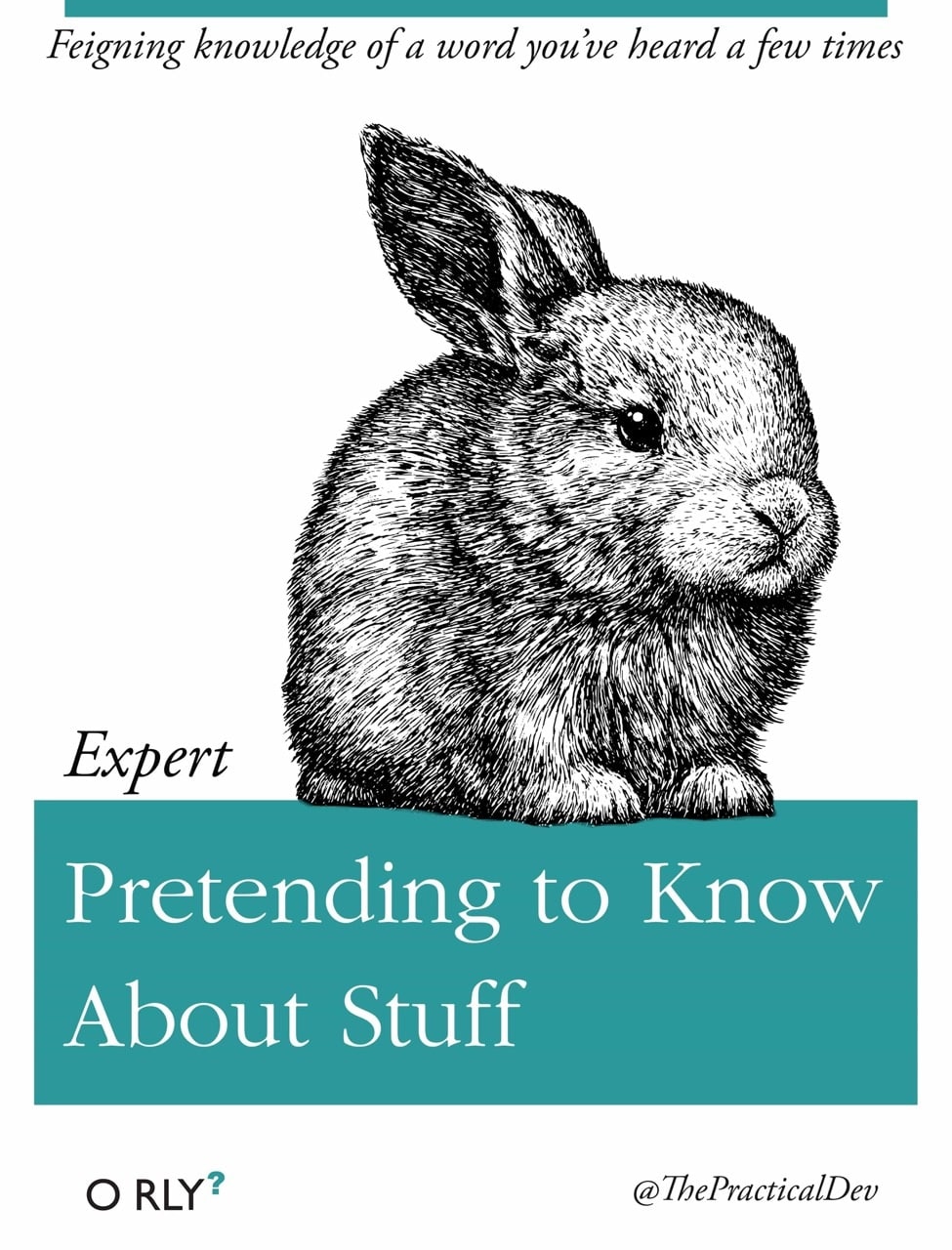
In the fast-paced world of tech, sometimes the key to survival is mastering the art of "Pretending to Know About Stuff." Meet Morgan, a developer with a talent for nodding confidently while inwardly panicking about what the heck "Kubernetes" actually is.
It all starts in the Monday morning meeting. The manager drops a new buzzword like it’s hot: “We’re integrating microservices with Kubernetes to optimize our CI/CD pipeline.” Everyone around the table nods in agreement. Morgan nods too—only half sure what was just said, but certain they’ve heard "Kubernetes" at least twice before. Maybe on a podcast? Or was it a tweet?
As the discussion heats up, Morgan’s inner monologue kicks into high gear. "Microservices... okay, that’s like, little apps, right? And Kubernetes… something to do with containers? Docker? I think? Let’s just smile and keep nodding."
The manager then asks Morgan for their thoughts. This is the moment of truth. Morgan leans forward, adopts a thoughtful expression, and responds with a classic non-answer: “Well, we need to ensure our approach aligns with best practices and remains scalable.” Nailed it. Vague enough to sound smart, but not specific enough to get questioned.
The best part? Everyone else is pretending too. A quick glance around the room reveals the same knowing nods and slightly glazed-over eyes. They’re all just as lost but too proud (or afraid) to admit it.
Morgan spends the rest of the day Googling Kubernetes and watching a couple of YouTube videos, just in case it comes up again. The next time they’re in a meeting and Kubernetes gets mentioned, they’ll be ready to throw in a “Yeah, we should definitely consider the orchestration layers.”
"Pretending to Know About Stuff: Feigning knowledge of a word you've heard a few times" is a humorous take on the tech world’s favorite pastime. It’s about the everyday dance of bluffing, learning just enough to stay afloat, and hoping nobody ever calls your bluff. After all, in tech, it’s less about knowing everything and more about knowing how to pretend you do.